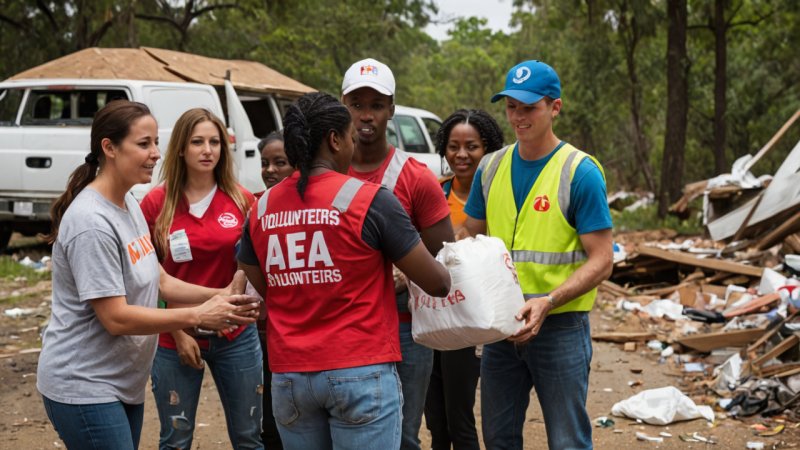What is volunteering in emergency response?
Volunteering in emergency response involves offering your time and skills to assist communities during crises, such as natural disasters, humanitarian emergencies, or public health crises. Volunteers play a vital role in providing immediate support, resources, and aid to affected populations.
What skills are beneficial for volunteering in emergency response?
Several skills can enhance your effectiveness as a volunteer in emergency response, including:
- First Aid and CPR: Basic medical training is crucial in emergencies.
- Communication: Clear communication is essential for coordination and information dissemination.
- Problem-Solving: The ability to think critically and adapt to changing situations is key.
- Cultural Sensitivity: Understanding and respecting local cultures can improve community relations.
- Teamwork: Collaborating effectively with others is vital in high-stress environments.
How can I get involved in emergency response volunteering?
To get involved, consider the following steps:
- Research Organizations: Look for reputable organizations that focus on emergency response, such as the Red Cross or local NGOs.
- Attend Training Programs: Many organizations offer training to equip volunteers with necessary skills.
- Network with Other Volunteers: Connect with others in the field to gain insights and opportunities.
- Stay Informed: Keep up with local and global emergencies to understand where help is needed.
What are some unique experiences I might encounter while volunteering in emergency response?
Volunteering in emergency response can lead to unique experiences, such as:
- Working in Diverse Environments: You may find yourself in rural areas, urban settings, or even international locations.
- Building Lifelong Friendships: Collaborating with a diverse group of people often leads to lasting relationships.
- Gaining Valuable Insights: You'll learn about community resilience, cultural practices, and crisis management.
- Making a Tangible Difference: Seeing the direct impact of your efforts can be incredibly rewarding.
What challenges might I face while volunteering in emergency response?
Volunteering in emergency response can come with its challenges, including:
- Emotional Strain: Witnessing suffering can be emotionally taxing.
- Physical Demands: The work can be physically challenging, requiring stamina and resilience.
- Unpredictable Situations: Emergencies can change rapidly, requiring adaptability and quick thinking.
- Limited Resources: Often, volunteers must work with limited supplies and support.
How can I prepare for a volunteering role in emergency response?
Preparation is key for effective volunteering. Here are some tips:
- Understand the Risks: Familiarize yourself with the potential dangers associated with emergency response work.
- Get Proper Training: Enroll in courses related to disaster response, first aid, and crisis management.
- Stay Physically Fit: Maintaining good health can help you manage the physical demands of the role.
- Build Emotional Resilience: Consider mental health resources and strategies to cope with stress.






